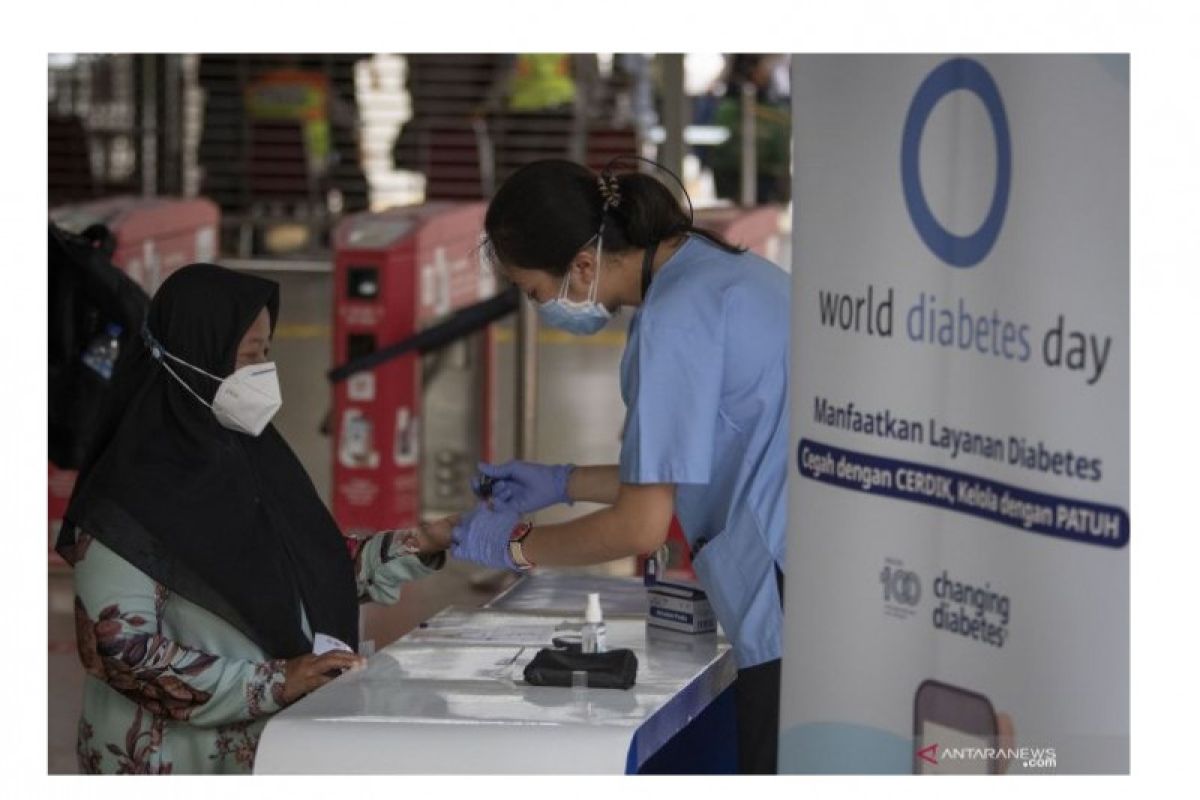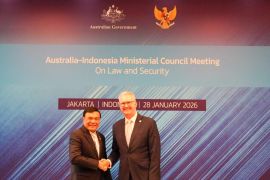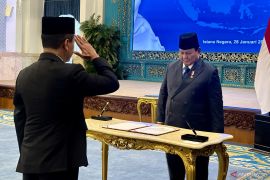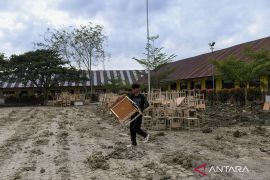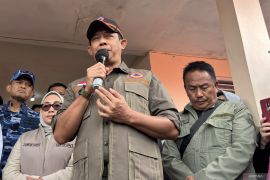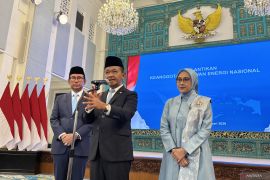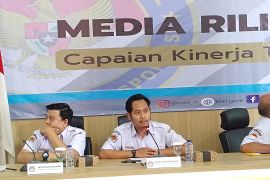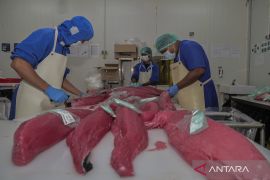More than 90% of patients worldwide were affected by type 2 diabetes mellitus (DMT2). This disease has also caused 6.7 million deaths in 2021. It was estimated that there was one death every 5 seconds due to diabetes.
In Indonesia, the number of people with diabetes continue to increase from 10.7 million in 2019 to 19.5 million in 2021. This year Indonesia has the fifth highest number of diabetics in the world, up from the seventh last year.
The increase was caused by socio-economic, demographic, environmental and genetic factors. There are a number of main causes, namely urbanization, an aging population, reduced physical activity and an increasing number of people who are obese or overweight.
In recent years various efforts to prevent and control diabetes and other non-communicable diseases have been carried out. However, we still have a lot to do as millions of people with diabetes around the world, including in Indonesia, do not have access to proper treatment.
Limited access to the treatment ultimately presents many other challenges. It wass estimated that there are still many people with undiagnosed diabetes. There are also many people with diabetes who do not reach the HbA1c target that has been determined or are not controlled. The Study show that more than 70 percent of adults with type 2 diabetes in Indonesia failed to achieve the HbA1c target of below 7 percent
The number of people with diabetes with uncontrolled blood sugar continue to increase. People with T2DM usually need insulin when diet program, exercise and oral antidiabetic medication still do not help to reach their target blood sugar. Insulin was part of diabetes management and was not the end of the life. Insulin should help the people with diabetes to control blood sugar to reduce the risk of complications.
Children with DMT1 who do not have access to health services would find the difficulty to get healthy life, develop their potential and talents and make their dreams comes true. Our mission is to ensure that all children in Indonesia have access to diabetes treatment, education, monitoring tools and medicines.
It emphasizes the importance of access to diabetes treatment, which is the main theme in commemorating World Diabetes Day 2021-2023. Access to diabetes treatment was critical because the people with diabetes need ongoing care and support to manage their condition and avoid the complications.
Based on data from CHEPS FKM UI and PERKENI in 2016, the government has spent 74 percent of the health budget to specifically treat diabetes complications. In fact, complications of diabetes can be avoided by controlling blood sugar levels.
Insulin therapy was often an important part of diabetes treatment. This year marks the 100th anniversary of insulin. This innovation has saved many lives.
In the past century some of new-generation insulins have been developed and marketed to reduce the burden of daily treatment, provide more flexible treatment procedures and help diabetics control blood sugar more easily.
“World Diabetes Day is an annual event that shows that there are still global, regional and community organizations that continue to support efforts to eradicate this disease. This year, the rapid increase in the number of people with diabetes become indication for the importance of public health, especially during the COVID pandemic. World Diabetes Day can be an opportunity for sharing information about diabetes prevention and call for additional resources and more adequate attention. We are strengthening collaboration with the Indonesian government to increase diabetes awareness and provide access to treatment in Indonesia,” Said Danish Ambassador to Indonesia, H.E. Lars Bo Larsen.
“Diabetes has become a huge burden on the health system and we are committed to collaborate closely with health authorities and relevant partners in Indonesia to prevent and treat this disease. With the Ministry of Health of the Republic of Indonesia, we will enhance and strengthen our efforts to provide sustainable diabetes treatment in Indonesia by giving early diagnosis and optimal control," said Vice President & General Manager of Novo Nordisk Indonesia, Anand Shetty.
“We want to reach as many diabetes sufferers in Indonesia as possible by conducting campaigns and education about diabetes, join the global movement Changing Diabetes in Children, provide the innovative products and support the government in various preventive approaches,” he added.
“One of our collaborations is the diabetes chatbot. The people can get information about diabetes through the WhatsApp platform. We hope that this chatbot can become a major source of information regarding diabetes.”
In commemoration of World Diabetes Day and the 100th anniversary of the discovery of insulin, Novo Nordisk, the Ministry of Health and the Danish Embassy collaborated to hold some activities to increase the public awareness of diabetes, such as providing booths at the Tanah Abang Train Station and Market.
In addition, there is also the Monas Blue Light, which is part of the Blue Monument Challenge. This activity was carried out annually to raise the awareness of the world community about diabetes.
Reporter: PR Wire
Editor: PR Wire
Copyright © ANTARA 2021
